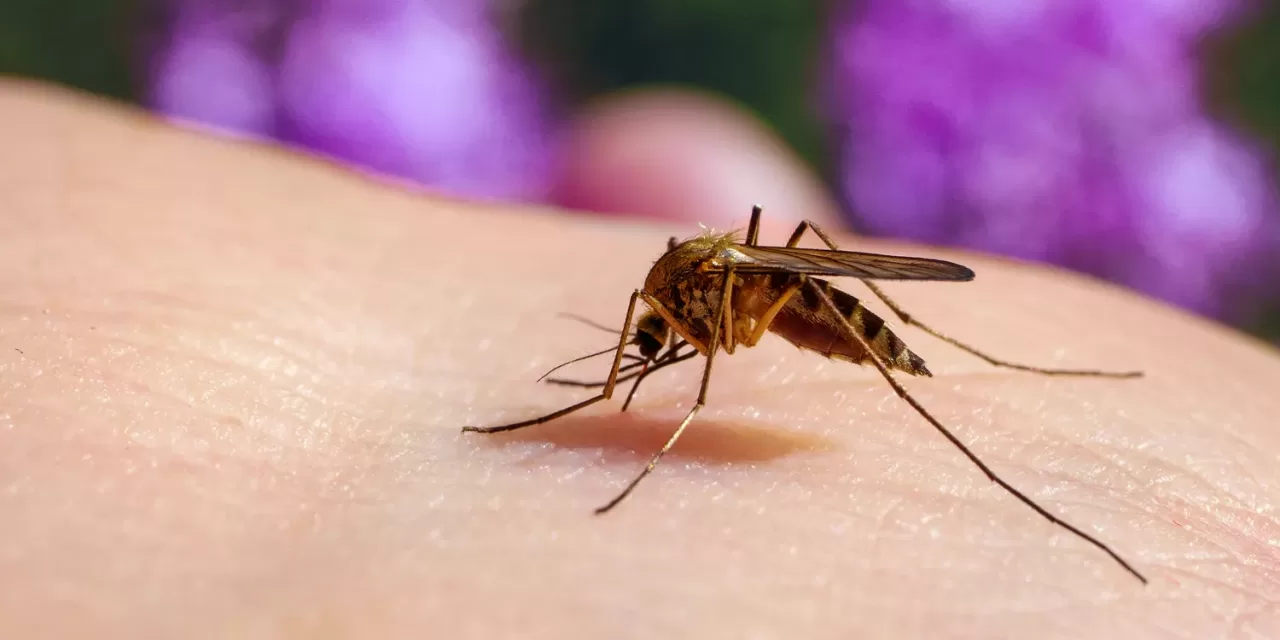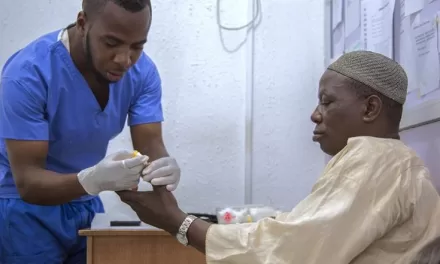In a concerning trend, malaria cases in Europe caused by infected mosquitoes transported via air travel, luggage, and parcels—referred to as Odyssean malaria—are on the rise. A retrospective analysis in France and a systematic review of studies across Europe, published in Eurosurveillance, reveal that malaria cases resulting from mosquitoes transported from endemic regions have increased, even as global air travel briefly declined during the COVID-19 pandemic.
Malaria was eradicated in Western Europe in the 1970s, and since then, nearly all cases reported in the EU/EEA (European Union/European Economic Area) have been related to travel. In 2022 alone, of the 6,131 cases reported, 99% were linked to travelers returning from regions where malaria is common. However, locally acquired malaria cases have been reported sporadically, and the rise in Odyssean malaria poses a new public health challenge.
The Emergence of Odyssean Malaria
Odyssean malaria is a rare form of malaria caused by mosquitoes that are inadvertently transported from malaria-endemic areas into non-endemic countries, where they infect local populations. This can occur through transportation methods like airplanes, luggage, and parcels. Unlike traditional travel-related malaria, individuals with Odyssean malaria may have no recent travel history to malaria-endemic regions.
A systematic review conducted by European researchers analyzed malaria cases across Europe from 1969 to January 2024, gathering data from public health authorities in the EU/EEA and the UK. Of the 145 cases identified in nine countries, 105 were classified as airport malaria, 32 as luggage malaria, and eight as a combination of the two. These cases were most commonly reported in France, Belgium, and Germany, with half of the patients either residing or working near an international airport.
The findings revealed a disturbing trend—one-third of these cases occurred in the past five years, despite the reduction in air traffic during the pandemic. On average, infected individuals were 37.9 years old, and the disease affected men more frequently than women, with a ratio of 1.5:1. While most patients recovered, there were nine fatalities, primarily among older individuals with a mean age of 57.2 years.
Retrospective Analysis in France
The retrospective study in France focused on locally acquired malaria cases from 1995 to 2022. The analysis found 117 cases, of which 51 were classified as Odyssean malaria. Other cases included 36 instances of induced malaria—typically transmitted through non-mosquito-related pathways such as healthcare-associated infections or mother-to-child transmission—and 27 cryptic cases, where the transmission route remained inconclusive.
The majority of cases were reported in Île-de-France, the region surrounding Paris. Half of the patients were born in Africa, where malaria is endemic, and the other half were French-born. Hospitalization rates were high, with 102 of the 117 patients requiring treatment. Seven patients, primarily older individuals, died due to severe complications.
Public Health Recommendations
To address the growing risk of Odyssean malaria, experts recommend stringent enforcement of disinsectization protocols for aircraft. Ensuring that mosquitoes are eradicated before planes land in non-endemic countries is critical in preventing the spread of malaria.
In addition, physicians are advised to remain vigilant for malaria cases in patients presenting with unexplained fevers, even if they have no recent travel history. This is particularly important in regions near international airports, where Odyssean malaria cases are more likely to occur.
The authors of the systematic review also emphasized the need for more structured surveillance of malaria cases in Europe. Standardizing case definitions and implementing more rigorous prevention measures are key to curbing this emerging public health threat.
Conclusion
As Europe grapples with the rise in Odyssean malaria cases, public health authorities are urged to bolster preventive measures, improve aircraft disinsectization, and enhance physician awareness. With ongoing vigilance and coordinated international efforts, the spread of this rare but serious form of malaria can be controlled.
For more information:
- [Locally acquired malaria: a retrospective analysis of long-term surveillance data, European France, 1995 to 2022](https://www.eurosurveillance.org/conte … S.2024.29.41.2400133)
- [Airport and luggage (Odyssean) malaria in Europe: a systematic review](https://www.eurosurveillance.org/conte … S.2024.29.41.2400237)












